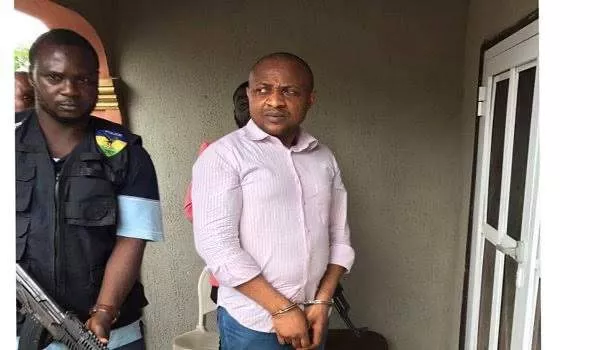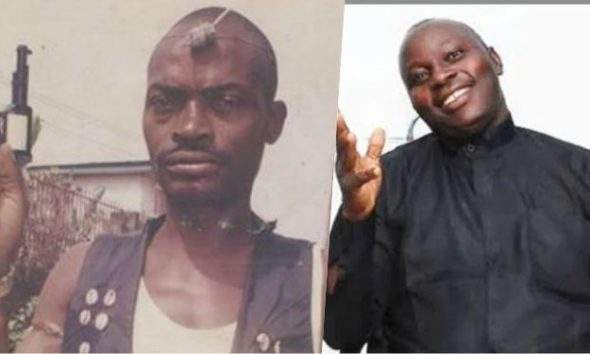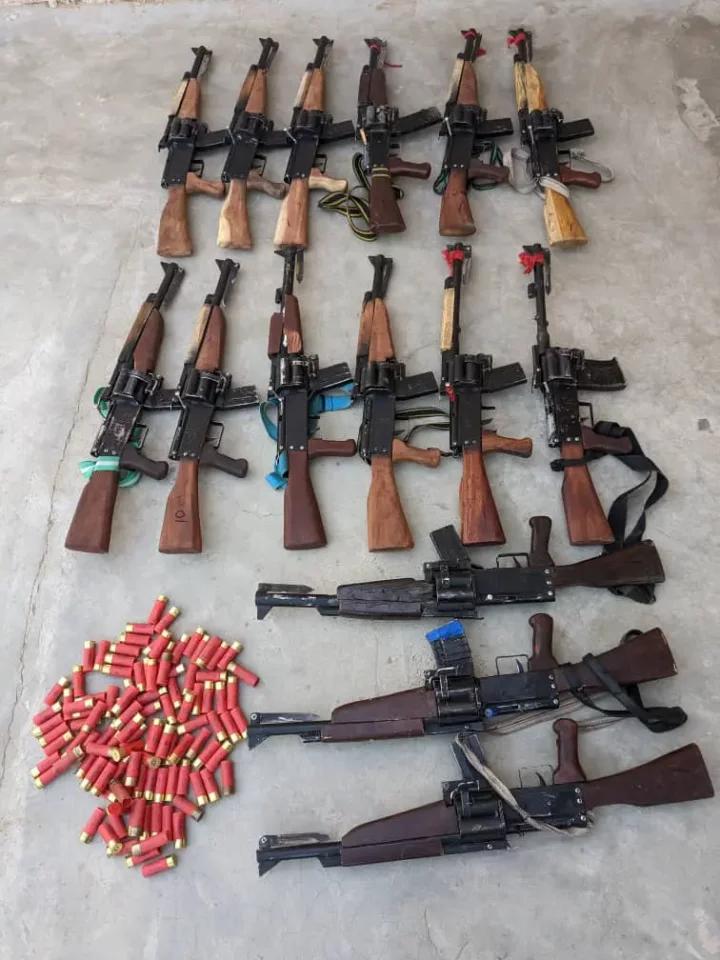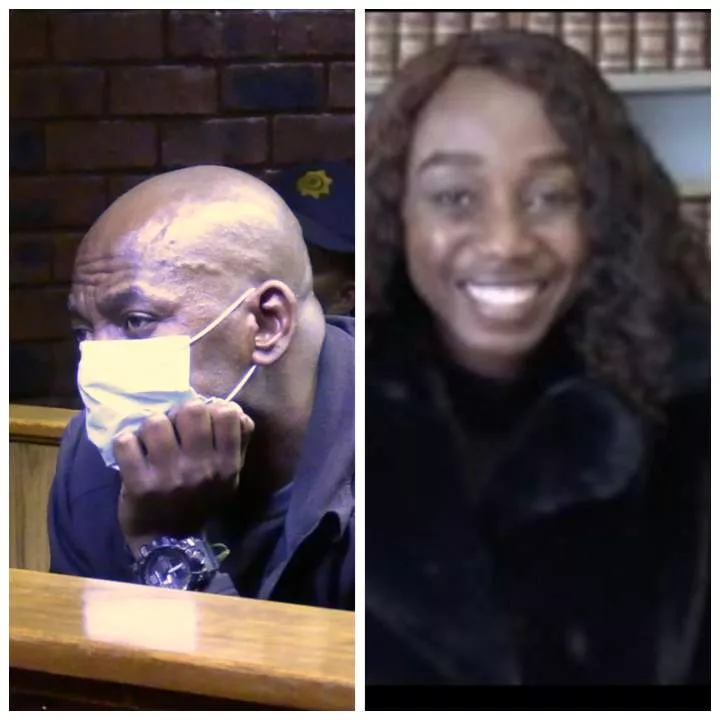![These dangerous Nigerians wrought havoc in their time [Newsweek] These dangerous Nigerians wrought havoc in their time [Newsweek]](https://static.netnaija.com/i/OJabAAJx7G2.webp)
Crime is a serious problem in Nigeria, with high rates of robbery, assault, and murder, which has had devastating impacts on victims and the community as a whole.
There are a number of factors that lead to crime in Nigeria: poverty, lack of good education, bad governance and exposure to violence. Poverty can make it difficult for people to meet their basic needs, ultimately leading them to engage in crime as a means of survival.
The lack of education limits people's opportunities, which also results in crime. Also, exposure to violence while growing up can desensitise people to violence, making them more prone to committing crimes in their adulthood.
5 examples of high-profile crimes in Nigeria
In recent years, there have been a number of high-profile crimes in Nigeria. These crimes have shocked and outraged the public, and we will highlight five of the most dangerous Nigerians and the crimes they committed.
Abubakar Shekau (Boko Haram leader)
Abubakar Shekau is one of the most notorious figures in Nigeria's crime history. He is the former leader of the extremist group, Boko Haram, and reportedly studied under various Islamic scholars, which laid the foundation for his radical beliefs.
Abubakar Shekau is responsible for numerous acts of terror, including the kidnapping of the Chibok schoolgirls in 2014 and the beheading of many Nigerian Soldiers in the North. His group has been behind countless bombings, mass violence, assassinations, and abductions throughout Nigeria and its neighbouring countries.
Unfortunately, Abubakar Shekau never faced incarceration, but he was killed in a military operation on May 19, 2021.
Ifeanyi Dike (Ritual killer)
In August 2017, Dike lured an eight-year-old girl named Victory Chikamso into his apartment, raped her, and killed her in a ritualistic manner. He intended to use her body parts for rituals.
Ifeanyi Dike was arrested shortly after the gruesome murder, but his attempt to escape custody led to his recapture. He was subsequently sentenced to death by hanging.
Evans Chukwudumeme Onwuamadike (Kidnapper)
Evans Chukwudumeme Onwuamadike was born in Umudim, Nnewi, Anambra State. Evans gained notoriety as one of Nigeria's most prolific kidnappers, responsible for the abduction of numerous high-profile victims, including expatriates and wealthy businessmen. His gang operated with ruthlessness.
In 2017, Evans was arrested by the police and later charged with multiple counts of kidnapping, murder, and conspiracy.
Shina Rambo (Armed robber)
Mathew Oluwanifemi, better known as Shina Rambo, was born in 1958 to a military man from Abeokuta in Ogun state. His mother was a native of Sabongida-Ora in Edo state.
Shina Rambo became infamous for his involvement in numerous armed robberies and violent crimes during the 1990s. His gang terrorised the southwestern region of Nigeria, and he was known for his audacious heists and violence.
Rambo was captured in 1993 and sentenced to prison. He served time but was later released on parole. After serving jail time for his crimes, he was converted by an evangelist and became a Christian evangelical pastor.
Gracious David-West (Serial killer)
Gracious David-West was born in Buguma, Rivers State. He had a troubled upbringing and a history of mental health issues.
In 2019, David-West was apprehended for a series of gruesome murders of women in hotel rooms in Port Harcourt. He strangled his victims, leaving their bodies in shocking conditions.
Gracious David-West was convicted and sentenced to death by hanging in 2019 for his string of brutal murders.
David-West's series of murders and the brutality with which he carried them out shocked the nation. His case drew attention to the vulnerabilities of women in Nigeria and the need for better protection and security.
What can be done to address crime in Nigeria?
A number of things can be done to address crime in Nigeria. The government can invest in law enforcement and an impartial justice system. It can also work to address the root causes of crime, such as poverty and lack of education.
Also, we as citizens can play a role in preventing crime by reporting suspicious activity to the rightful authorities.


















Comments